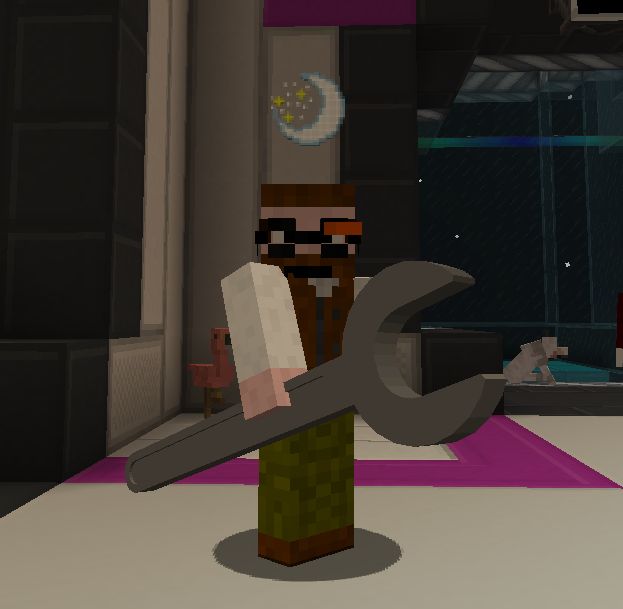
Re-Crafting Games: The inner life of Minecraft modding
A dissertation in the department of Communication Studies, Concordia University, 2019
Nic Watson, PhD candidate
Abstract
Prior scholarship on game modding has tended to focus on the relationship between commercial developers and modders, while the preponderance of existing work on the open-world sandbox game Minecraft has tended to focus on children’s play or the program’s utility as an educational platform. Based on participant observation, interviews with modders, discourse analysis, and the techniques of software studies, this research uncovers the inner life of Minecraft modding practices, and how they have become central to the way the game is articulated as a cultural artifact. While the creative activities of audiences have previously been described in terms of de Certeau’s concept of “tactics,” this paper argues that modders are also engaged in the development of new strategies. Modders thus become “settlers,” forging a new identity for the game property as they expand the possibilities for play. Emerging modder strategies link to the ways that the underlying game software structures computation, and are closely tied to notions of modularity, interoperability, and programming “best practices.” Modders also mobilize tactics and strategies in the discursive contestation and co-regulation of gameplay meanings and programming practices, which become more central to an understanding of game modding than the developer-modder relationship. This discourse, which structures the circulation of gaming capital within the community, embodies both monologic and dialogic modes, with websites, forum posts, chatroom conversations, and even software artifacts themselves taking on persuasive inflections.
